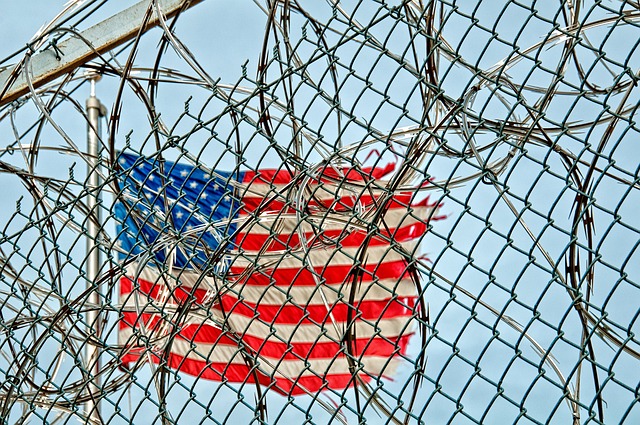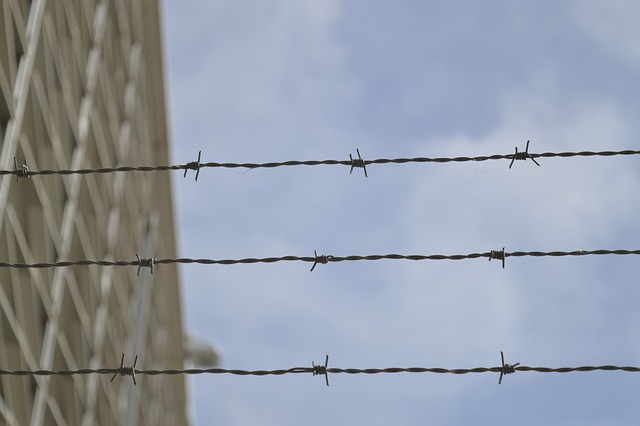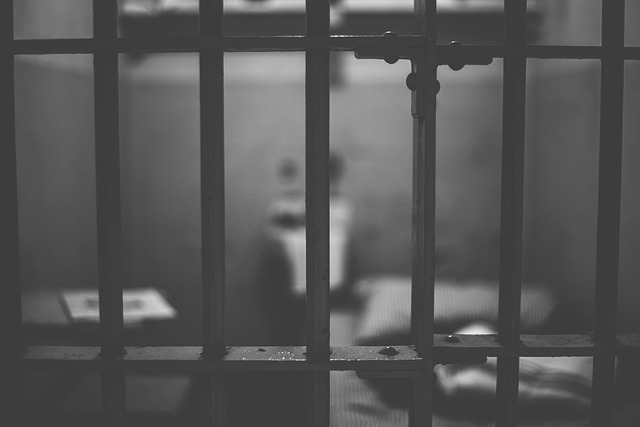Youth Justice and Fair Treatment are vital for creating a more equitable society, especially regarding young people facing drug interaction or DUI charges. These concepts advocate for impartial treatment, addressing historical inequities in marginalized communities to prevent harsh sentencing and promote rehabilitation, education, and support services. Young drivers face unique challenges under drug interaction and DUI laws due to ambiguous legal definitions of intoxication. Implementing fair treatment requires innovative solutions like individualized assessment models and collaborative efforts between law enforcement, prosecutors, defense attorneys, and rehabilitation centers. Reform involves strategies ensuring fairness and effectiveness within the legal system, focusing on the intersection of Drug Interaction and DUI Law. Rehabilitation programs and diversion strategies can be effective alternatives to incarceration, prioritizing treatment and support for young substance abusers.
“Uncovering the path towards justice for youth involves examining critical issues like drug interaction and DUI laws, which significantly impact young drivers. This article explores the intricate relationship between fair treatment and the legal system, focusing on understanding youth justice as a cornerstone for change. We delve into the challenges posed by drug-related offenses and their intersection with strict DUI regulations, offering case studies and potential solutions. Additionally, we present strategies to promote reform, emphasizing the importance of ensuring youth justice in a complex legal landscape.”
- Understanding Youth Justice and Fair Treatment: A Foundation for Change
- Drug Interaction and DUI Laws: Implications for Young Drivers
- Challenges in Implementing Fair Treatment: Case Studies and Solutions
- Promoting Reform: Strategies for Ensuring Youth Justice in the Legal System
Understanding Youth Justice and Fair Treatment: A Foundation for Change

Youth Justice and Fair Treatment are fundamental concepts in ensuring a more equitable and just society, especially for young people who are often vulnerable to systemic biases. Understanding these principles involves recognizing that youth, particularly those facing charges related to drug interactions or DUI laws, deserve fair and impartial treatment within the justice system. This includes acknowledging their unique needs, circumstances, and potential for growth and rehabilitation.
By promoting fair treatment, we can address historical inequities where young individuals from marginalized communities have been disproportionately affected by strict drug laws and harsh sentencing. It’s crucial to view youth as more than just offenders; they are individuals with prospects, dreams, and the capacity for change. This perspective fosters a reformative approach that emphasizes rehabilitation, education, and support services to prevent reoffending and empower young people to become productive members of society.
Drug Interaction and DUI Laws: Implications for Young Drivers

Young drivers, especially those in their teens and early twenties, face unique challenges when it comes to drug interaction and DUI (Driving Under the Influence) laws. In many jurisdictions, the legal definition of “intoxication” for drugs is less clear-cut than for alcohol, leading to potential misunderstandings and unfair judgments. This lack of clarity can be particularly problematic for young people who may inadvertently violate DUI laws due to the effects of prescribed medications or illegal substances.
The implications are significant as drug interaction can significantly impact reaction times, judgment, and coordination—all critical factors in safe driving. With evolving substance use trends among youth, it’s crucial for law enforcement and legal systems to stay informed about new drugs and their effects. This proactive approach ensures that penalties and sentences reflect the severity of the offense while also providing education and support for young drivers to make better choices on the road.
Challenges in Implementing Fair Treatment: Case Studies and Solutions

Implementing fair treatment in youth justice systems faces significant challenges, particularly when addressing issues like drug interaction and DUI (Driving Under the Influence) law. Case studies from various jurisdictions highlight these hurdles. For instance, juveniles involved in drug-related offenses often struggle to receive equitable sentences due to societal biases and strict sentencing guidelines. In many cases, their rehabilitation needs are overshadowed by automatic penalties, hindering their path to reform and reintegration.
To overcome these challenges, innovative solutions are required. One approach involves individualized assessment models that consider the unique circumstances of each young person, including their drug addiction and any underlying social factors. Additionally, collaborative efforts between law enforcement, prosecutors, defense attorneys, and rehabilitation centers can facilitate more holistic justice approaches, focusing on treatment and recovery rather than solely on punishment. This is especially crucial in DUI cases, where evidence-based interventions and education can prevent recidivism while ensuring fair and safe communities.
Promoting Reform: Strategies for Ensuring Youth Justice in the Legal System

Promoting reform in youth justice involves implementing strategies that ensure fairness and effectiveness within the legal system. One key area is addressing drug-related offenses, especially in cases involving minors. The intersection of Drug Interaction and DUI Law demands careful consideration. Strict laws and harsh penalties often accompany these cases, but a more nuanced approach is needed. Rehabilitation programs and diversion strategies can be effective alternatives to incarceration, focusing on treatment and support for young individuals struggling with substance abuse.
Additionally, educating both legal professionals and the community about the unique challenges faced by youth is essential. This includes recognizing the impact of trauma, mental health issues, and developmental differences. By fostering a more compassionate understanding, the system can respond in ways that promote healing and positive outcomes. Such reforms not only ensure fair treatment but also contribute to breaking cycles of criminal behavior and fostering healthier, more productive lives for young people.
Youth justice and fair treatment are paramount in ensuring a safe and equitable future. By understanding the intricate relationship between drug interaction, DUI laws, and their disproportionate impact on young drivers, we can begin to dismantle systemic biases. Case studies highlighting challenges in implementation offer valuable insights into potential solutions, guiding strategies for reform within the legal system. It’s crucial to adopt evidence-based approaches that address these issues head-on, fostering a more just and restorative environment for youth. Additionally, focusing on drug interaction and DUI laws as key areas of improvement is essential to achieve meaningful progress in youth justice fair treatment.






